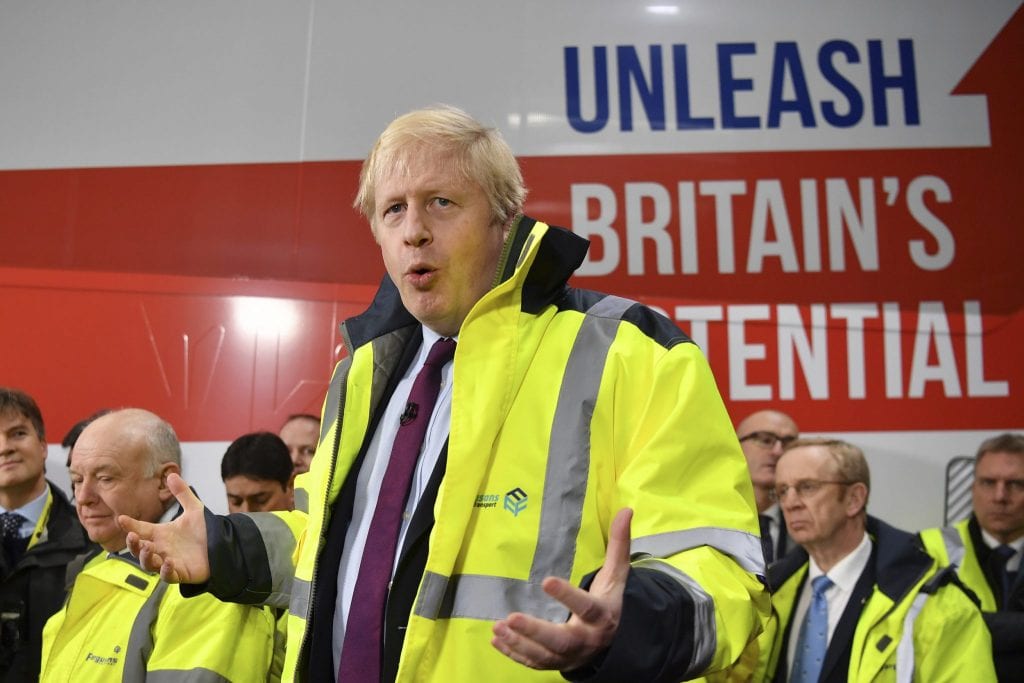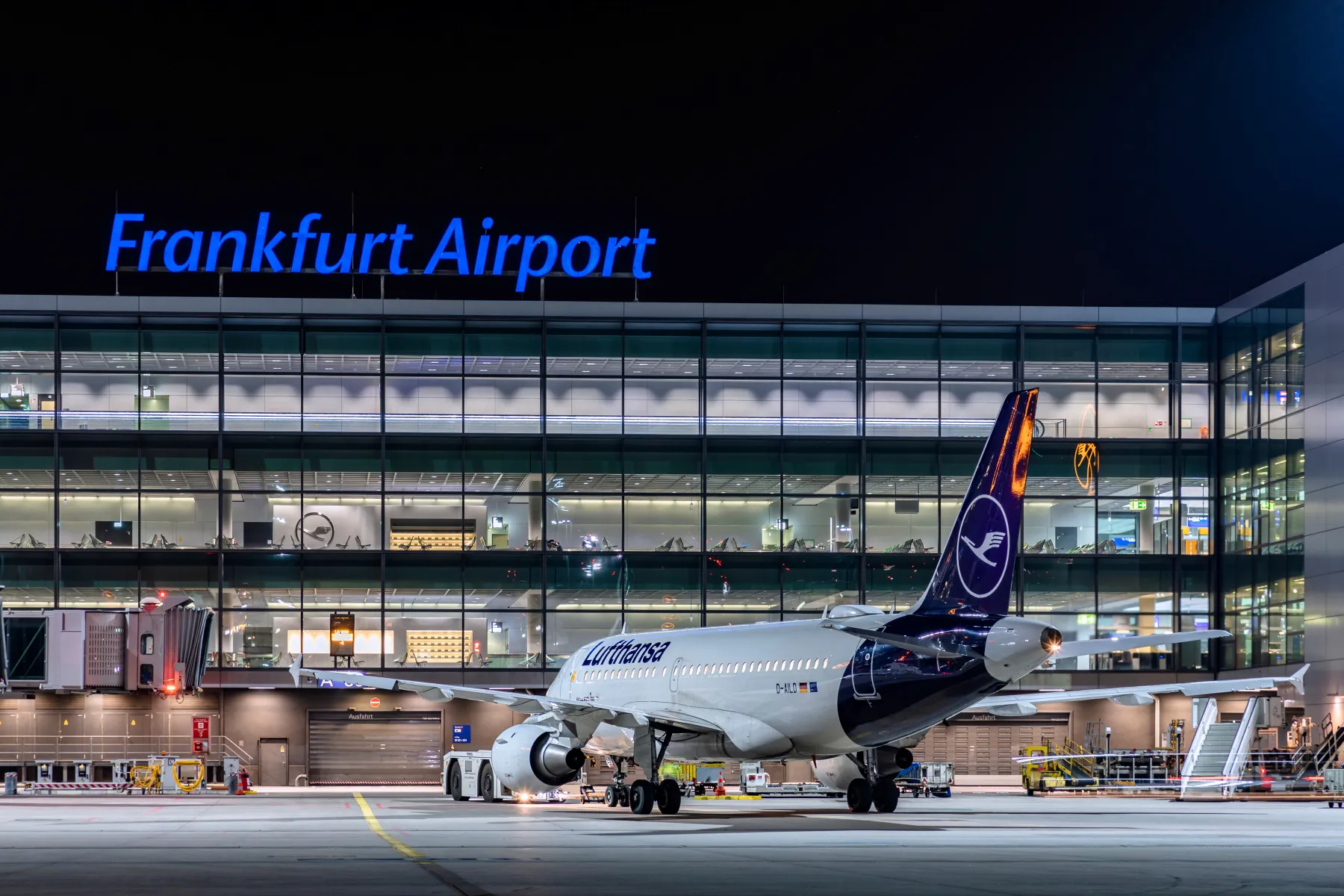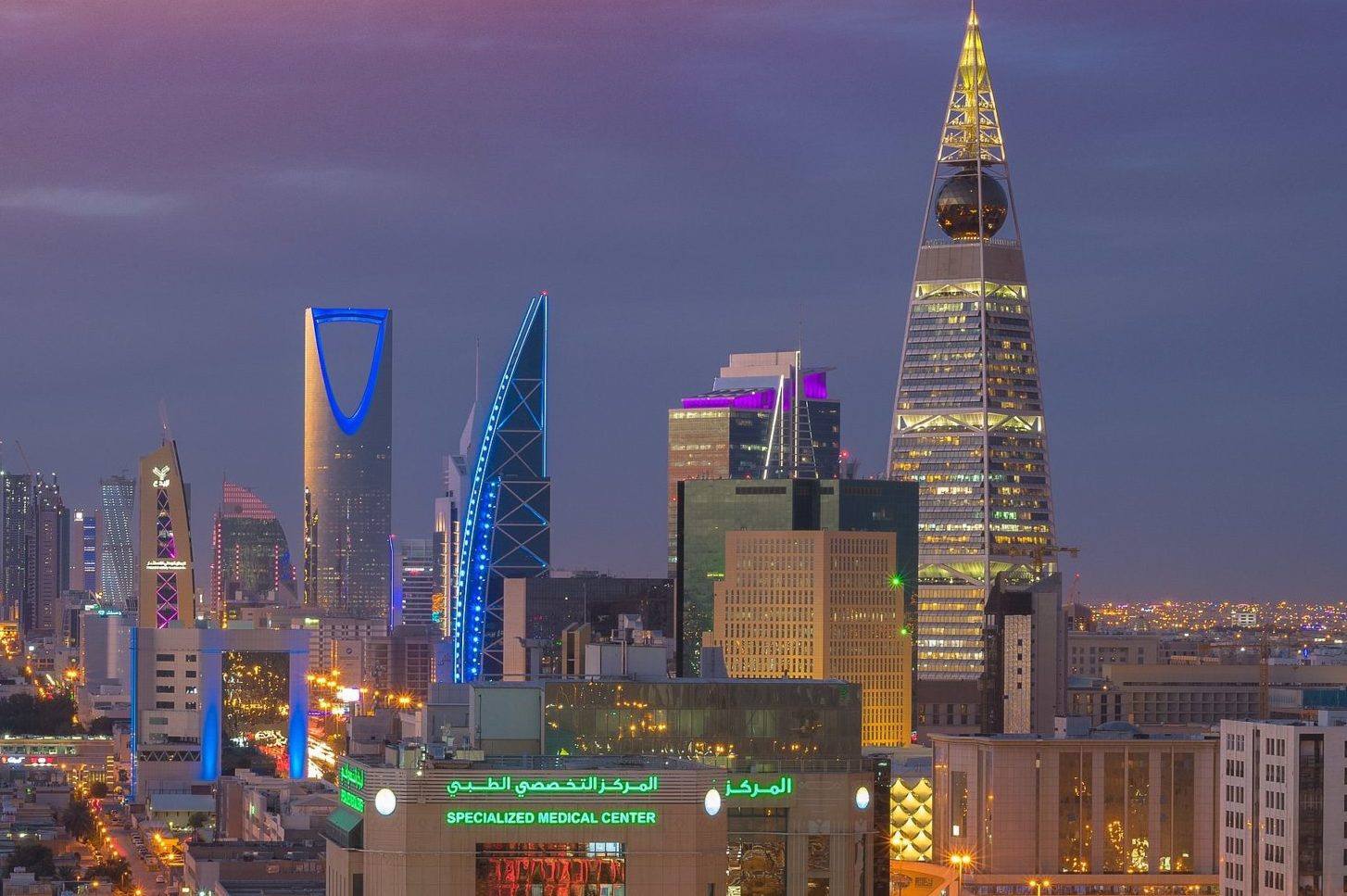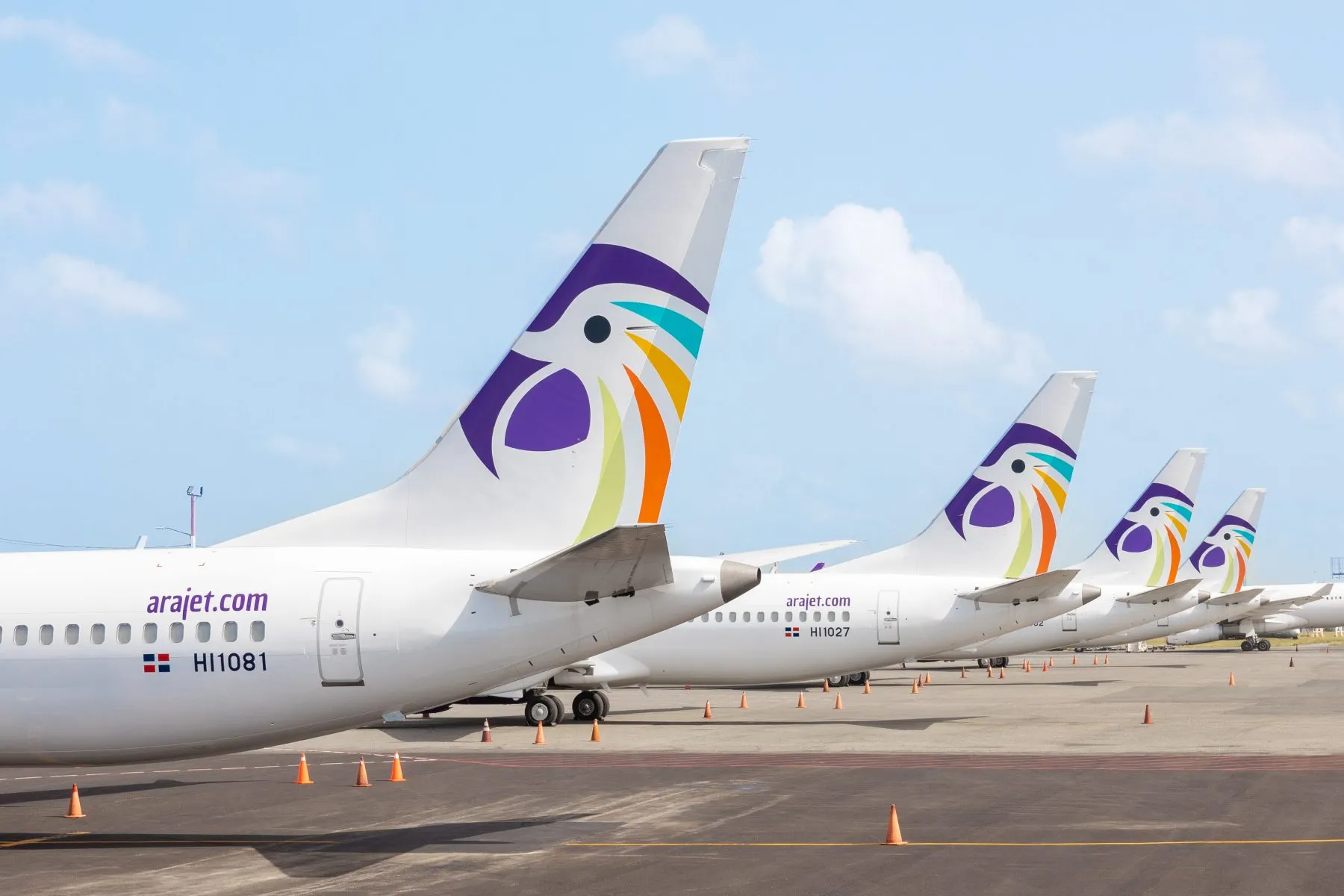What the UK Election Result Means for Travel and Tourism

Skift Take
Ever since the UK voted to leave the European Union in the June 2016 referendum, the country has been in a state of paralysis.
That looks to be over now thanks to a thumping win in the general election for Prime Minister Boris Johnson and his ruling Conservative Party.
It seems certain now that the UK will leave the European Union by January 31, 2020. This and other consequences of this decisive victory are sure to have significant consequences for the travel and tourism industry, not just in the UK but in Europe and the rest of the world.
The UK is the 10th biggest travel destination in the world, while also being the fourth biggest outbound market by spending, according to the United Nations World Tourism Organization. What happens to the country matters for the global market.
Short-Term Boost
Businesses hate uncertainty. It might be a cliche but it's a cliche for a reason. Following Thursday's election, share prices seem to have reacted pretty positively.
The likes of EasyJet, On the Beach, and Premier-Inn owner Whitbread all saw significant rises on Friday morning.
The pound has soared against both the dollar and the euro. Good news for outbound travel but less so for inbound.
"Political clarity and fiscal expansion should drive a growth pick-up," said analysts at investment bank — Morgan Stanley before adding the caveat "unless derailed by the EU trade talks".
Johnson should have no problem getting his Brexit bill through parliament, which means the UK will officially leave by the end of January but remain in a transition period where nothing rally changes until at the least the end of 2020.
In that time the Prime Minister will have to decide what kind of relationship he wants with the European Union: something closely aligned or a more drastic rupture?
Conservative Party Tourism Policies
In what was one of the bitterest contests in recent years, the main choice voters had is between Johnson’s “Get Brexit Done” right-wing Conservative Party and the left-wing Labour Party, campaigning under the slogan “For the Many, Not the Few”.
In an election dominated by Brexit — and other issues such as the National Health Service — unsurprisingly tourism had a limited look in.
Each party puts out a manifesto setting out their agenda should they win the election and searching for the word “tourism” produced limited results. The Conservatives' offering was pretty slim, in keeping with their tactic to avoid serious scrutiny.
In it, the word tourism comes up three times and two of these are a reference to “health tourism” i.e. people coming to the UK specifically to use its free healthcare. The only other mention relates to Northern Ireland with vague plans to “improve infrastructure, enterprise and tourism”.
(Before Theresa May left office one of her last bits of business was to approve a tourism sector deal, although it remains to be seen how the new government will go about implementing it.)
Bigger Picture
But, as we always like to point out at Skift, tourism is much more than the sum of its parts. It includes things like infrastructure and immigration: how people get to and around the country, as well as who is serving them in bars, restaurants and hotels.
The issue of immigration was core to the Brexit vote and has continued to be a plank of Conservative Party policy. The party’s manifesto pledged an end to freedom of movement — one of the EU’s core policies — and in its place an “Australian-style points-based immigration system”.
Ultimately this will lead to “fewer lower-skilled migrants”.
Sectors like hospitality are very reliant on workers from the EU, where according to consultants at KPMG they make up 12.3 percent of the entire workforce and even more in places like London where various estimates put it between 25.7 percent and 38 percent.
With the Conservatives back in power, their restrictive immigration policy looks like bad news for travel, tourism, and hospitality employees.
“The industry contributed £23 billion [$30.7 billion] to the UK economy last year but in order to keep growing and flourishing we need to have continued access to employees from all over the world, frictionless borders for our visitors post Brexit and continued strong promotion of the UK as a welcoming destination," said Joss Croft, CEO of travel association UKinbound.
Writing for the UK’s Daily Telegraph newspaper earlier this year, InterContinental Hotels Group CEO Keith Barr made a pretty compelling case for less draconian measures.
“A thoughtful, pragmatic approach is required to avoid a damaging shortage of skills, labour and the rich cultural mix that makes our industry, and the UK, so special,” he wrote.
It’s not just one way either. Businesses based in the EU have been able to take advantage of freedom of movement to deploy UK staff abroad.
Once the UK leaves the EU, each entity will offer reciprocal immigration controls. If the UK, for example decides it wants to drastically cut numbers, the EU will likely do the same. Freedom of movement has always been treated as a one-way street by most in the Conservative Party.
“This is likely to at best restrict the number of UK citizens who are able to work in the EU and at worst curtail them to such a degree that many UK companies’ business models will be rendered completely unsustainable,” a new report by the trade body Seasonal Business In Travel said.
A 2019 survey of members indicated that the number of holidays on offer had fallen, as had employment numbers, with holiday prices increasing.
Heathrow Expansion
Another major decision that keeps getting kicked into the long grass is whether the UK needs a new runway at its largest airport, London Heathrow.
Politicians have been talking about building a third runway for more than a decade but have avoided making a firm commitment until recently but even then now it is still on shaky ground as the Conservative Party manifesto made clear.
“It is for Heathrow to demonstrate that it can meet its air quality and noise obligations, that the project can be financed and built and that the business case is realistic,” it said.
And while the document didn't go into specifics, the Conservatives "support clean transport to ensure clean air, as well as setting strict new laws on air quality."
Union at Risk?
Although the Conservatives won a clear majority, in Scotland, the Scottish National Party increased its seat share and now have 48 of the 59 seats. There's now a very-real possibility of a second Scottish independence referendum in the next couple of years.
“Scotland’s tourism industry is of huge importance to our economy, contributing around £7 billion [$9.3 billion] to GDP and employing over 200,000 people,” the party's manifesto said.
The document outlines the damage Brexit could do to the industry and calls for the “ UK government to examine a reduction in VAT for the hospitality sector”.
The Scottish Nationals also want to make the Highlands and Islands region “the world’s first net zero aviation region by 2040 with trials of low or zero emission flights, including electric planes, starting in 2021.”
In Northern Ireland too there was a realignment, which points to a further fracturing of the union. For the first time ever, Northern Ireland returned a majority of nationalist MPs – nine versus eight unionists and one from the cross-community Alliance Party. This also means a majority are anti-Brexit.
Brexit Overshadows Everything
Thursday’s vote was arguably the most important vote in recent years given the substantial differences between the two main political parties and the shadow of Brexit hanging over things. It is this last factor that is likely to impact travel and tourism going forward.
A Skift Research report released earlier this year painted a particularly subdued picture
“Brexit negatively impacts travel, the question is by how much?” it explained, suggesting an outcome of between -7 percent and +3 percent for inbound arrivals between 2019 and 2024 with a similar result for outbound trips.
The report also points to the strong correlation between GDP and tourism performance, in relation to inbound arrivals and spending, and outbound spending. Meaning that if there is a downturn — Brexit-related or otherwise — we should expect a tourism hit.
What’s interesting about this election is the widely diverging views of economic forecasters, as this recent article in the Financial Times makes clear. In the short-term the markets banked on a Conservative win, with their ensuing victory propelling the stockmarket upwards.
But that short-term thinking negates the long-term impact of Brexit, which would arguably be worse for the economy. Presenting a big problem for Johnson.
In a pre-election briefing document The UK’s National Institute of Economic and Social Research made clear just how pivotal the departure from the EU would be.
“The impact of tax and spending plans depends crucially on the economic environment in which they are implemented. Over the next Parliament, the UK’s economic environment heavily depends on the outcome of Brexit,” it said.
An increased majority gives Johnson room for flexibility and he can now choose to ditch certain policies in the upcoming negotiations with the EU. Will he show a more pragmatic side and pursue a so-called softer Brexit with closer regulatory alignment with the remaining 27 countries or will he listen to the right wing of the party?
The choices he makes will shape the country into the next decade.




